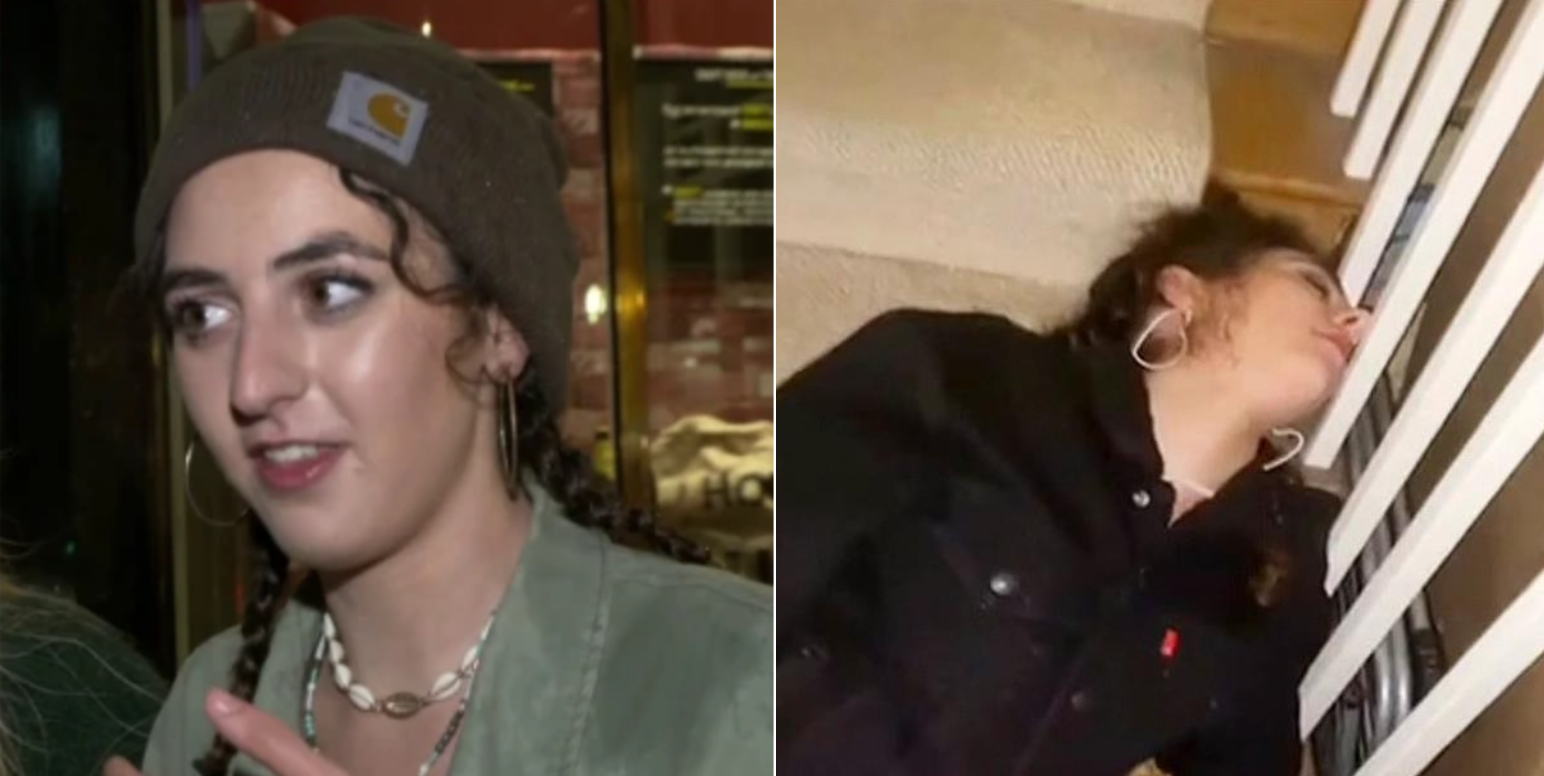By Holly Beaumont, Co-Editor-in-Chief
Second year Bristol student Ilana El-Baz raised awareness around drink-spiking in nightclubs when a video of her in a ‘completely paralysed’ state after being spiked circulated across the internet. Epigram spoke to Ilana about her experience.
‘I don’t really want to say which club I was at because I don’t think it’s relevant to the story because it applies to all clubs’, she began.
‘But I ended up chatting to this guy and he asked if I wanted to dance with him and the moment I said no and told him I was with my boyfriend, he left me and walked off. I had a drink in my hand. I think it was him.’
“I only knew I was spiked when I saw the videos”
Ilana El-Baz, who was unable to move after being spiked, tells #BBCBreakfast the night-time industry could do more to protect women.
This video contains scenes which some viewers may find upsetting.https://t.co/0vUMjKYT8a pic.twitter.com/iNWPTYnTYi
Within an hour of leaving the kebab shop that she attended after the nightclub, Ilana recalled that the effects of the spiking had rendered her ‘completely unresponsive’.
‘I was at home with my (now ex) boyfriend who happened to have taken a video of me when I was in that state. I literally don’t remember anything after leaving the Kebab Shop until the following morning when I got shown the videos of me bashing my head down the bannister’, she said.
Ilana likened the way she was speaking in the video to the way her mother had behaved when she suffered a stroke five months prior, saying, ‘My whole body was paralysed but my mind still worked’.
With stories like Ilana's seeming ever-more frequent in recent times, nightclubs are said to have put more measures in place to combat the issue, such as signs in venues that suggest ways to detect a drink has been spiked, as well as more rigorous searches upon entry.
However, when Ilana had her experience, she recalled feeling ‘very alone’.
‘I felt really ignored by everyone when I tried to get help. I felt like I was on my own’, she said.
She recalled anecdotes of other people she knows who had been spiked in Bristol. ‘They ended up going to bar staff when they had been spiked and told them exactly who it was and they just disregarded it and didn’t help them at all.
‘I did end up going back to the club to tell them about the spiking. They kind of went; “We’ve looked at the CCTV footage but due to confidentiality reasons we can’t disclose anything.” I thought there’s no point in talking to police if the club who has got my CCTV haven’t actually told me anything’, she continued.
When asked whether she thinks the club would now be more responsive to helping her since the issue was made public she said, ‘I think so but I don’t know if it would be genuine or them paying lip service’.
With regards to the response by nightclubs, Ilana said she wants clubs to ‘use this time to train their staff properly on what to look for and how to prevent it’.
‘I’m just hoping anyone who works in a club will now believe anyone who says they have been spiked’, she said.
When asked whether the incident has changed her mindset about clubbing in the future, she was quick to say no.
‘If anything, this makes me want to go out... not more, but I don’t want to change my behaviour.
‘Obviously when I go clubbing I am more cautious. But I want to live my life normally and hope that everything around me changes’, she continued.
She spoke about attending an event at Motion nightclub after her experience of spiking.
‘I just felt like I was the only person in a skirt there. I remember looking round and seeing everyone in trousers and jackets on’, she said.
‘It makes me feel singled out because if someone is actively trying to find someone to spike with a needle, they are probably going to go for the person not in a jacket’.
When asked whether Ilana felt she had received support following the incident, she gave a resounding no.
‘No, that’s the most shocking thing. Literally nothing. The only thing I really got is so many people saying “I’ve also been spiked”.’
While this incident has not stopped Ilana from going to nightclubs, she is very clear that ‘this is only the beginning’ of what needs to be done for women to feel safe on nights out.
Featured Image: BBC / Ilana El-Baz








